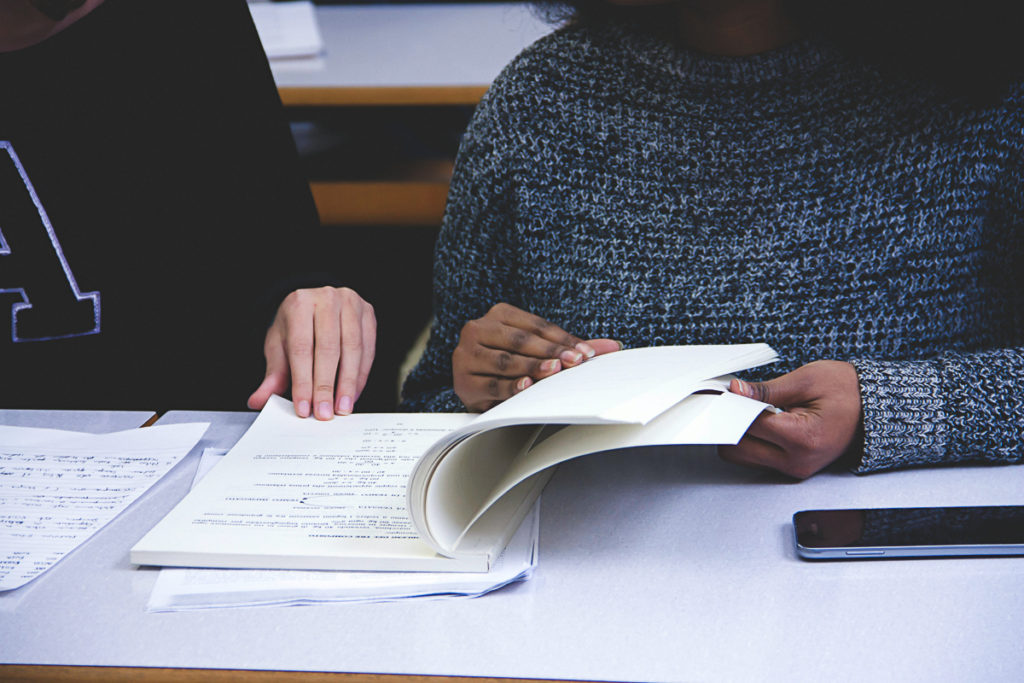While most students in Australia do the right thing, cheating services like essay writing or attending an exam on a student’s behalf are somewhat commonplace. In fact, a 2018 report by Frontiers in Education found that 15.7% of respondents admitted to paying someone else to complete their work.
In light of this, the Australian Department of Education, Skills and Employment implemented stricter measures to help cut down on cheating in universities.
Below, we take you through what constitutes as contract cheating, the laws surrounding it and what to do if you need academic support as an international student.
What is contract cheating?
Contract cheating is a practice that some students engage in when they seek outside help for their academic work. This may involve enlisting the assistance of a third party, like a commercial provider, a friend or a family member, to complete assignments or exams. While some instances involve monetary transactions, others might entail trading favours or using special credits. Essay mills and ghostwriters are well-known examples, but less obvious methods exist too, like peer-sharing sites or bidding platforms. Research has shown that this growing trend of contract cheating is a global issue, affecting the integrity of education systems.
What are the laws?
While software such as Turnitin has allowed universities to detect plagiarism, it can be difficult to catch those who have had their assignment completed by a third party. This means that strict legal measures are in place for individuals or companies that offer to take exams or write essays on behalf of students.
Those found advertising or providing these services can face two years in prison or fines of up to $100,000. This law applies regardless of whether the service is based in Australia or overseas.
In a statement, Minister for Education Dan Tehan said that the criminalisation of cheating services was necessary in order to uphold Australia’s integrity and reputation as a leader in education: “Organised cheating threatens the integrity of our universities and undermines the hard work done by honest students.” He also sees contract cheating services as “exploiting Australia’s students” in exchange for money, with international students being particularly vulnerable.
The Tertiary Education Quality and Standards Agency (TEQSA) has provided universities across Australia with a guide on how to prove that contract cheating has taken place, as well as advice on policies and case studies.
It is TEQSA’s role to implement these policies, block contract cheaters and help prevent these cheating services from launching in Australia.
What does this mean for students?
Students will not be targeted by the law. As explained by the Minister for Education, these measures are designed to only tackle the contract cheating industry. “The law targets cheating service providers and advertisers – not students. Students caught cheating will continue to face the conduct and disciplinary processes of their individual institution.” In other words, it’s up to the university to deal with students caught using these services.
What should I do if I need academic support?
As an international student, you’ll find that embracing legitimate academic support services is a far more rewarding choice than resorting to cheating. By tapping into resources like academic writing centres, language support programs, and tutoring services, you’ll be building essential skills and boosting your confidence for the long haul. Connecting with professors, academic advisors, and classmates creates a collaborative learning atmosphere, easing your transition into a new academic environment.
Opting for these support services over cheating not only champions academic integrity but also enables you to take the reins of your educational journey. In the end, this path paves the way for a richer and more satisfying academic experience, setting you up for a bright future in your chosen field.
Read more: Australian Universities Crackdown on AI Software Cheating





